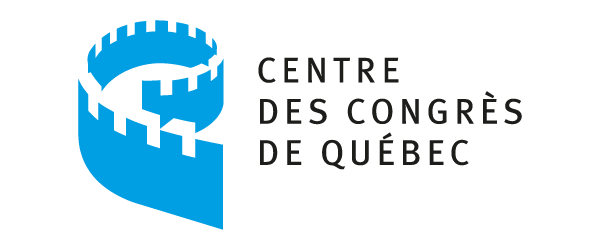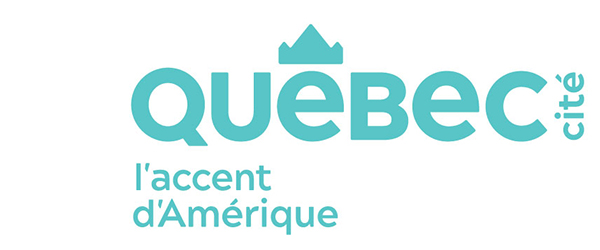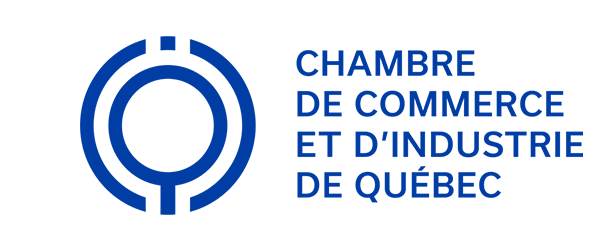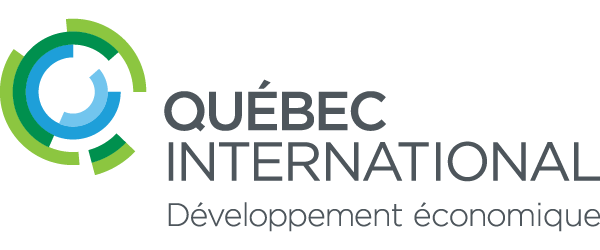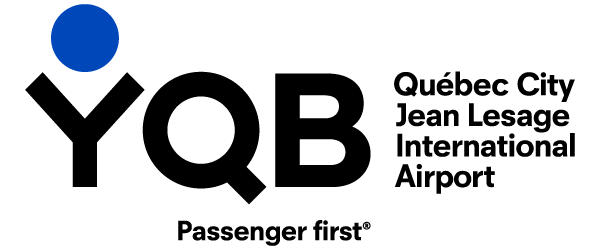As the old adage goes: When life gives you lemons, make lemonade!
And that is exactly what Carole Després, a Université Laval architecture professor, co-founder of Groupe interdisciplinaire de recherche sur les banlieues (GIRBa), director of the Schola.ca project, and member of Québec City’s Ambassadors’ Club did when the international event she was planning in Québec City was impacted by the government closure of all venues in March 2020 due to the global pandemic.
Québec City wins IAPS 2020, an international scientific event
Prior to the COVID-19 crisis, Ms. Després was steadfastly working on organizing the 26th conference of the International Association of People-Environment Studies (IAPS), which was to be held for the first time in North America, right in the heart of Québec City, from June 21 to 26, 2020. The conference was to welcome over 500 researchers in the fields of architecture, urban planning, psychology, geography, sociology, anthropology, and other disciplines that study people-environment relations. Under the theme, “Running out of time: Setting the pace for future generations,” the event was to focus on how to build more sustainable societies.
“We were so proud to have won the bid for this event in Rome in 2018,” explained Ms. Després. “The previous 25 editions took place in Europe and Asia; the fact Québec City won the 2020 event is a testament to the city’s appeal—and a lot of hard work on the part of Université Laval and the Québec City Convention Centre. Québec City was so popular that we received over 700 abstract submissions from around the globe!”
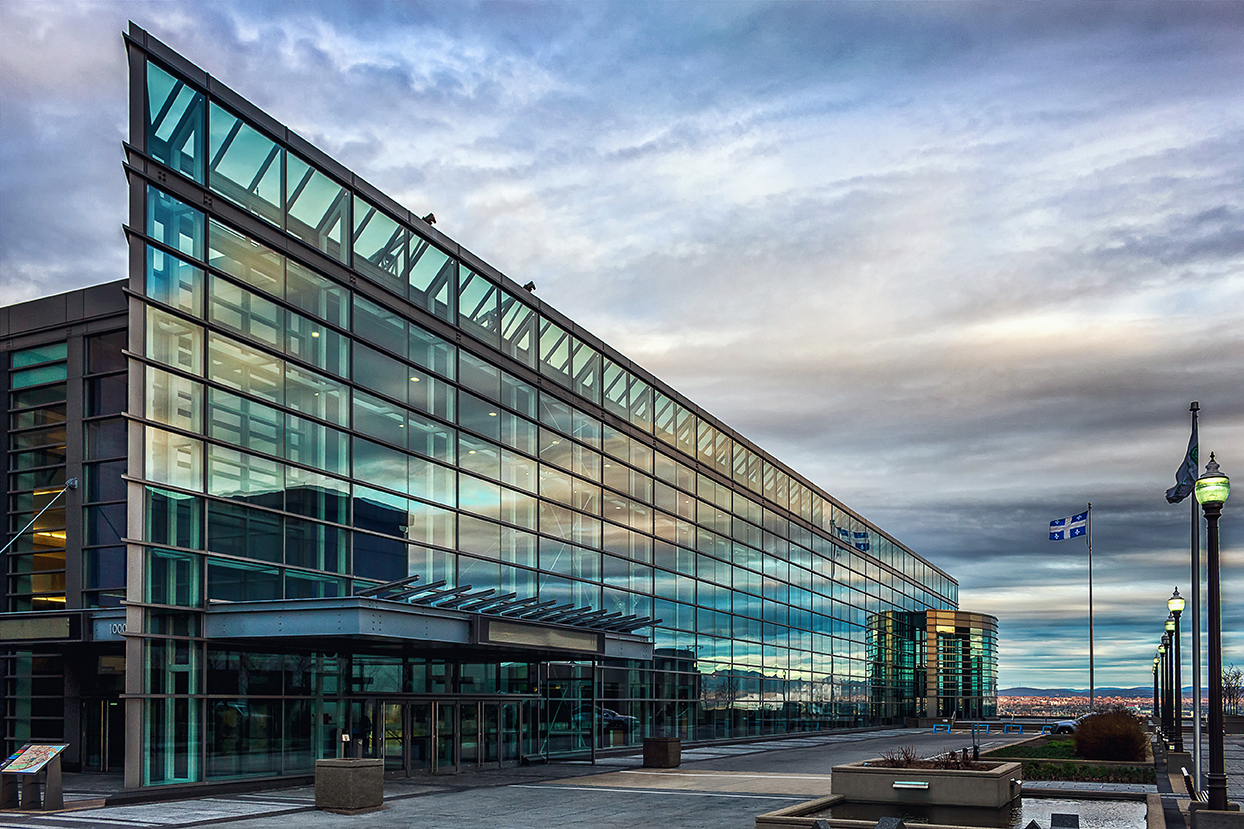
Pivoting during a pandemic: Hosting a hybrid event
Then, the lockdown occurred. On March 15, the Government of Québec officialized restrictions to hold any event to mitigate the spread of COVID-19.
“While the organizing committee understood the gravity of the situation, we were all stunned. Everything was ready: all the venues were booked, the banquets and food were booked, the keynote speakers were booked, the sponsorships were booked. Since 2017, we had invested so much energy into this event, we couldn’t believe that IAPS 2020, which was to celebrate 50 years of outstanding research, was not to take place,” Ms. Després remembered. “We just couldn’t wait another two years to present vital research that could help people and the environment.”
True to her nature of always bringing a project to fruition and her solution-driven mindset, Ms. Després and the other members of the IAPS 2020 event committee turned to their partner, Conférium, a renowned Québec City professional conference organizer (PCO) that specializes in scientific and academic conferences, to figure out how to hold the event virtually.
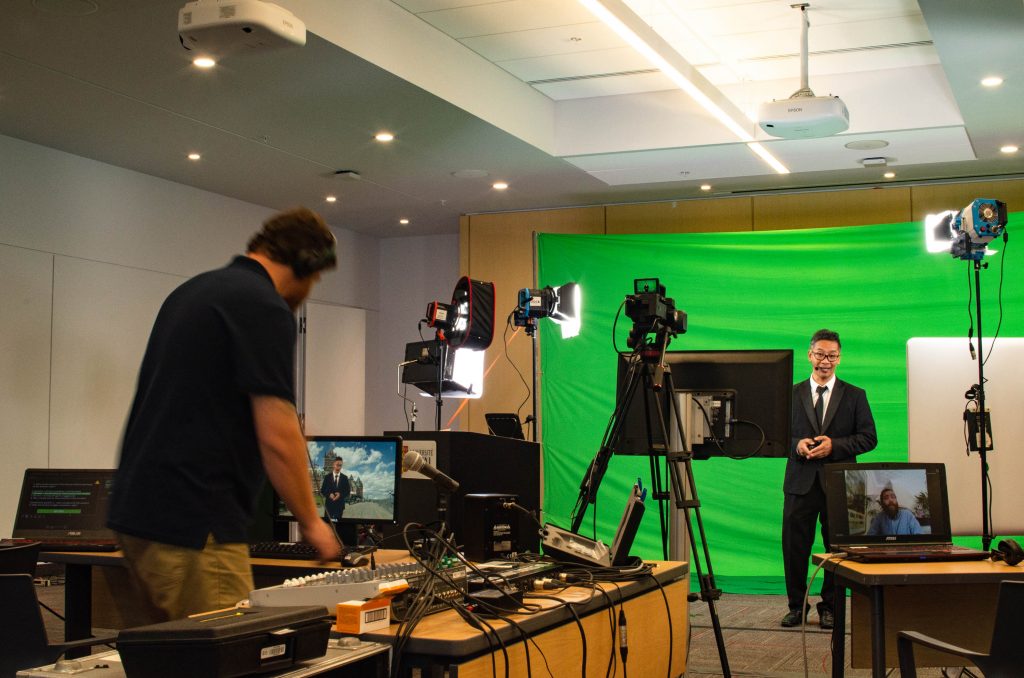
Mr. Pierre Bolduc, Director at Conférium, was not about to let Ms Després and the IAPS down. “Our respective teams got cracking to figure out how we could pivot and hold the event that was less than three months away.” First, the teams surveyed registrants as to their willingness to participate in a virtual event. “We sent a questionnaire to all potential attendees,” said Ms. Després. “We decided that if we could get at least 200 attendees, we would go for it.”
The response was outstanding. Hundreds of delegates from more than 35 countries were eager to participate in a virtual event. Now, the race was on to pull off a virtual scientific event.
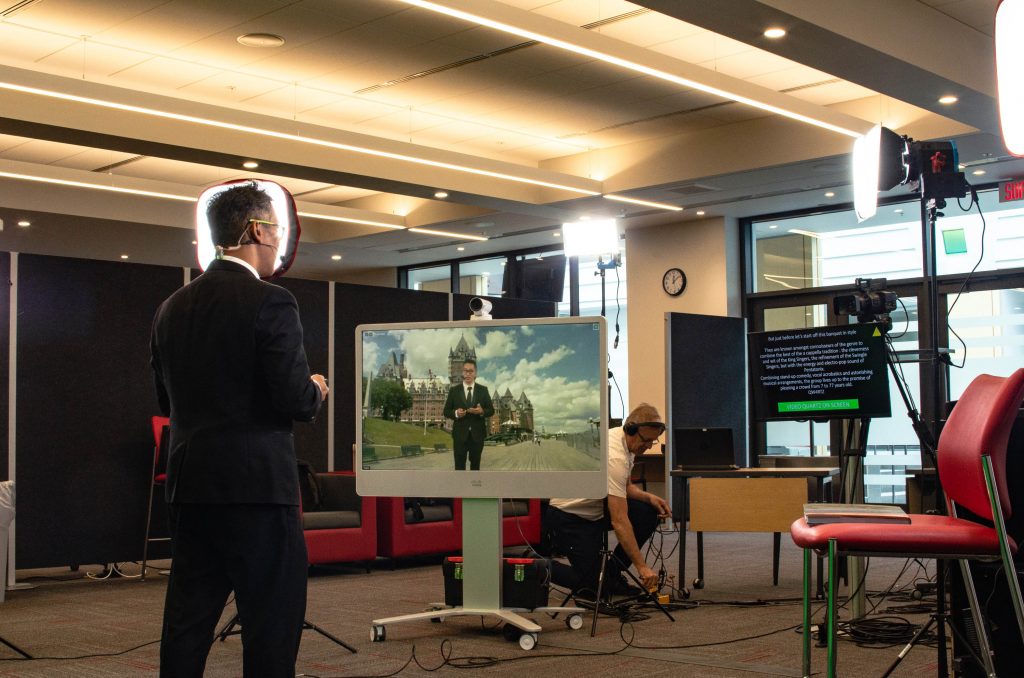
“We had to learn and adapt fast,” added Mr. Bolduc. “There were so many challenges. Naturally, we had to ensure that all attendees were not dependent on technology—meaning everyone had reliable access to Internet at home. We had to build the program across multiple time zones to ensure that attendees from Asia, Australia, Europe, Africa, the Middle East and North America could attend. It was pretty interesting puzzle to figure out.”
Ms. Després agreed. “We couldn’t host an online event 7 hours a day. That would not have worked to keep participants engaged. We opted for 6 half-days, which was greatly appreciated by everyone!”
Conférium’s turnkey services included a platform to submit scientific abstracts, the management of all new online registrations, the development of 7 virtual conference rooms, and training speakers who had to record their talks in advance. “Our mission control centre was at Université Laval and all hands were on deck to ensure the utmost presentation quality,” Mr. Bolduc said.
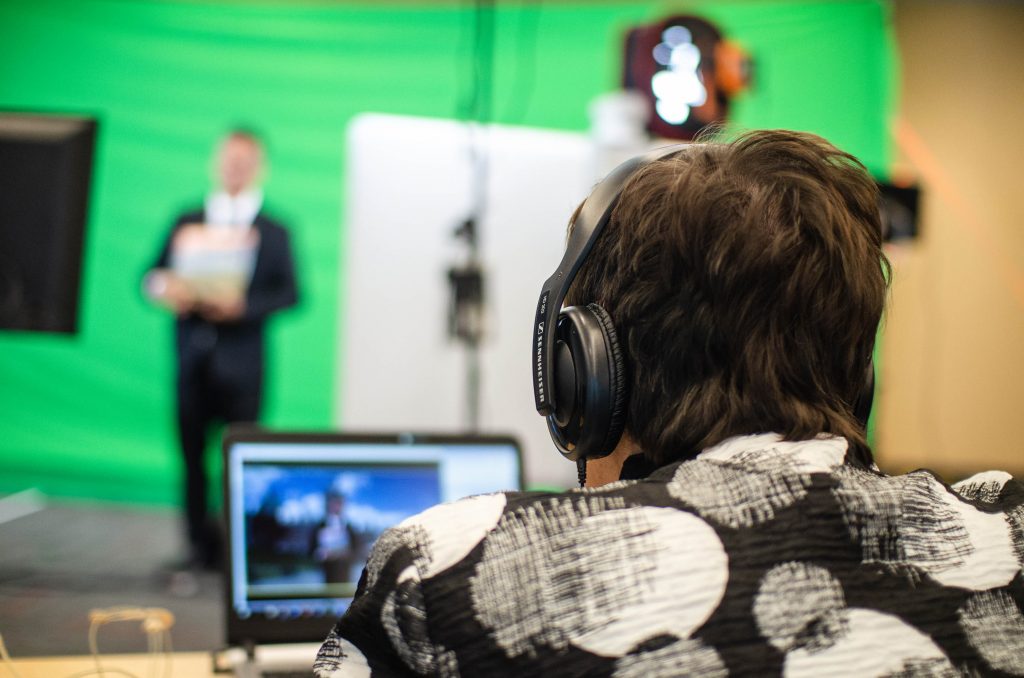
How to keep attendees engaged during a virtual event
The IAPS 2020 team hired professional facilitators, hosts and masters of ceremonies to ensure attendee engagement was high. Karina Lehoux, President of Eklosion, a firm that specializes in strategic event facilitation, worked in a small mobile studio located at Université Laval. She worked with Ms. Després and the Conférium team to create the scenarios and coordinate the technical logistics.
“For an event facilitator like me, it was definitely a new opportunity to learn new skills,” Ms. Lehoux said. “Hosting a physical event and a virtual event is not the same thing. With the latter, it felt more like producing a live TV show, with the green screens, lighting, sound, etc.” Ms. Lehoux also contributed to coaching the speakers as they recorded their presentations.
Rather than simply display a static picture of Québec City in each virtual room, the team actually recorded videos in Québec City based on each room’s theme. Each room was “decorated” so that attendees could easily identify and distinguish them. “For example, the room dedicated to topics on aging populations, we had a video of older people enjoying moments in Québec City,” Ms. Després enthused. “That really helped to immerse participants in the theme.”
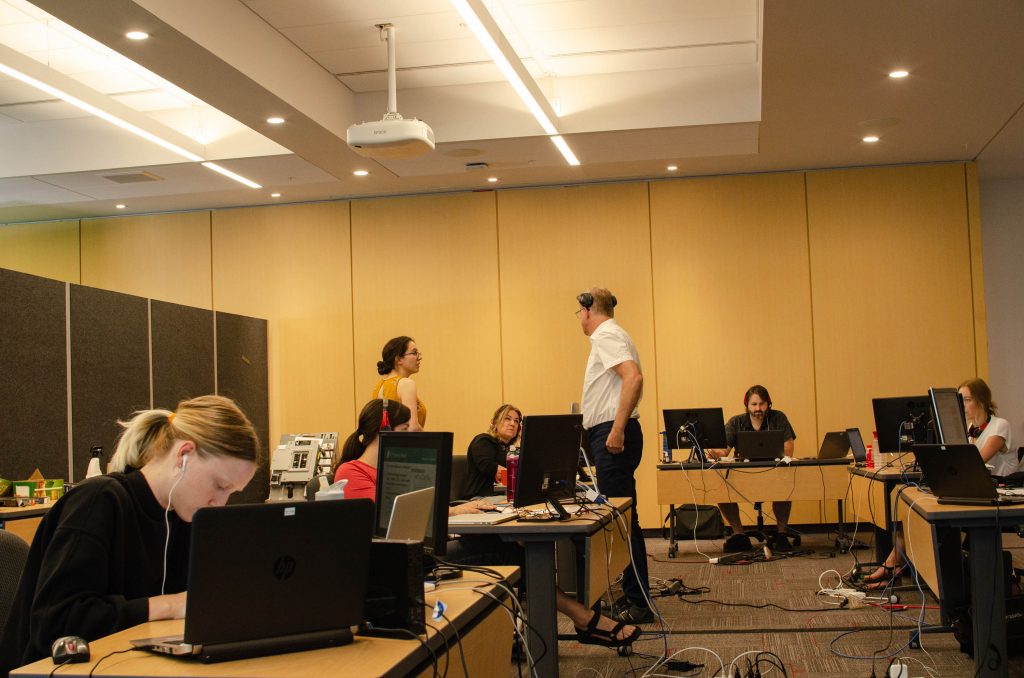
But the innovation and creativity didn’t stop there. “We made sure delegates could feel they were actually visiting Québec City.” How? IAPS 2020 held themed “cultural” breaks to introduce event attendees to winter in Québec, listen to Québec music, discover the Inuit’s way of living, etc. “We also commissioned a local Québec artist to produce a work of art, entitled Running out of time, as tribute to our event. We sent the work of art virtually to all participants so that they could print it out locally.”
Other virtual breaks included yoga and stretching exercises, online contests in which participants had to answer questions about the history of their field of expertise, and virtual banquets. “We hosted a virtual gala and invited participants to dress up and share a drink together. We even had a live band of singers to keep everyone entertained,” Ms. Després added.
IAPS 2020 also organized round table discussions and networking sessions early in the morning and at noon. “This made up for the lack of in-person discussions,” Mr. Bolduc said.
The team’s commitment to reinvention—and lack of sleep—certainly paid off. Ms. Després mentioned that that post-event survey results and direct feedback from event attendees were overwhelmingly positive.“We even have delegations from other countries that are seeking our expertise to hold hybrid events in the future! That is a phenomenal proof of Québec City’s ahead-of-the-curve way of organizing events regardless of the circumstances.”

